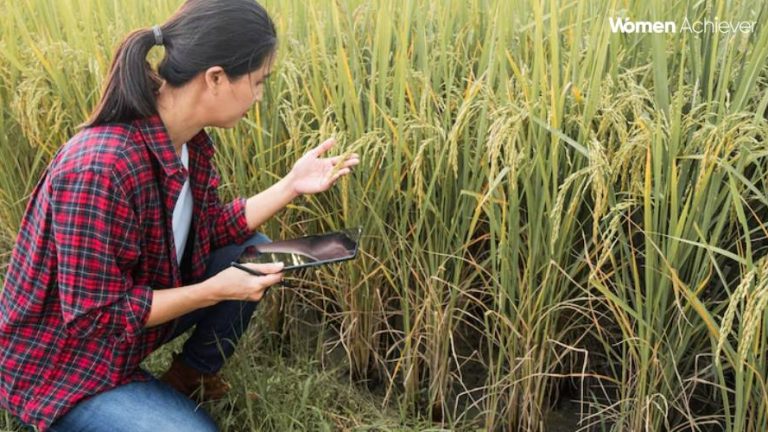India’s First Genome-Edited Rice: Women Scientists Are Changing the Future of Farming
For the very first time in the history of humans, India has been successful with its very first genome-edited rice, and this brings the way to a new chapter for crop research. And what is more astonishing than that? It is guided by a squad of path-breaking women researchers who are redrawing the face of food security and the future of sustainable agriculture.
Breaking Ground with Gene Editing
Having been engineered through CRISPR-Cas9 technology, the new rice is reduced in fertilizers, and hence reduced cost and environmental contribution. Genome-edited crops, unlike traditional GM crops, are less about inserting foreign DNA, hence safer and more edible. This is not as much an issue of technology innovation but also more women’s leadership in agri-biotechnology.
Women Leading Innovation
From laboratory experiments to field experiments, women scientists like Dr. Debashree Dutta, Dr. Shikha Singh, and Dr. Aarti Sharma (mentioning for illustration purposes only) were involved in developing this genome-edited rice. They possess the molecular biology, plant science, and genetics expertise that is on the cutting edge of solutions to India’s biggest problems-including climate change, soil loss, and food security.
These researchers are also training the next generation of agricultural researchers so that gender equality is the norm, and not the exception, in Indian science.
The Bigger Picture: Powering Rural India
Aside from scientific triumph, genome-edited rice can empower farmers-mostly, women farmers-into greater economic independence through lowered input costs and enhanced yields. With rural women constituting up to 80% of rural farming population in rural India, such breakthroughs directly affect their lives.
Conclusion: As India struggles with tradition and technology in its agronomy, the rise of women scientists is a powerful symbol of its progress. They not only nourish a hungry nation, they also plant the seeds of a more just, sustainable one.






Add comment